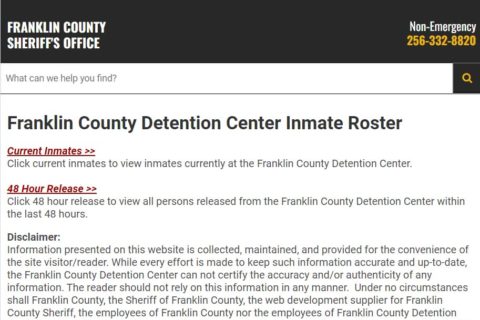Ex-prisoners face numerous psychological challenges when released from prison or jail, including discrimination, isolation, stigma, and instability. This will be able to lead to devastating outcomes, like failed relationships, substance misuse, homelessness, recidivism, overdose, and suicide. Well, at this time, we are going to discuss how society views prisoners who have been released from prison.
How Does Society View Prisoners Who Have Been Released from Prison?
Ex-prisoners who have been released from prison usually regretting behaviors in the past. They want to redeem his/her sins in the past and start one new life. Also, they want to give their social participation in order for their status to be equal with other community members. But social discrimination is imposed on them. Thus, it is difficult for them to get a decent job. They were rejected in their attempt to raise their status position and perform vertical mobility. If there are entrepreneurs who want to give a job to them, then type of work usually in the form of unskilled activities, technical or menial work, with low wages very minimal. They have to work hard to get insults and stares which is insulting, but the income is still a little. These ex-prisoners are often harassed by the society, village officials or civil service. They are typically used as a type of dairy cows. Types of work that can be obtained by the ex-prisoners generally decreased when compared with his previous work, with very low income, frequently even more low, while the social status is really pronounced doubtful. They feel unappreciated by the community, because the community thinks of them as the bad people, even though they are often insulted by fellow criminals.

Generally, direct sanctions imposed on people who are considered to have stigma negatives imposed by society, is to limit their social participation, who are prevented from participating in activities of daily living. They do not allow to play an economic role or certain social. Among them were rejected as employees or workers, prohibited from living in one area, their application was rejected asking for credit, denied entry into the army or police corps, and so on. They were ostracized or expelled from the general public.
There are two forms of stigma discovered by Goffman through research, namely stigma for people who are humiliated. This first type of stigma is frequently pinned on individuals who have physical deficiencies, for instance, people with disabilities and a woman who cannot bear children. Second, stigma is given to those who can be demeaned. Group of individuals who Included in this kind of stigma are people with social norms deviations, for example ex-prisoners and ex-users’ drugs. Giving stigma is a form of use of ordering power owned by the community. So, civil servants are going to be used as an example for other individuals so as not to do the same. But the stigma too leaves lots of problems. One of them is closed access for people with social norms deviations to enter into various systems in society. Therefore, these ex-prisoners always tossed around between desires to return to being a recidivist with all types of adventures and risks the danger or continue to live normally with bad luck and suffering a lot the doom of misery in old age.
Social Connections and Expectations Upon Release from Prison
In this paragraph, we are going to discuss social connections and expectations of the prisoners upon release from prison. When ex-prisoners are released from prison, they tend to discover that their expectations for returning to normal life are not always realistic. This is mainly true for prisoners who serve lengthy incarcerations as they are likely to face advances in technologies which are crucial in new job markets and lack training which makes them viable candidates.
Based on the Urban Institute study of Baltimore-area prisoners, prisoners who re-enter the prison system tend to come from a concentrated set of communities that have above-average rates for unemployment. Ex-prisoners face big obstacles when searching for employment anywhere, so to return with this disadvantage to an area which likely has low job prospects increases the likelihood of unemployment.
Also, the same Urban Institute study found that 54% of prisoners about to be released thought that they would be able to rely on their jobs for financial support, and 82% expected that their parole officers would assist in their transition home. After release, 51% reported that they relied on their families to a much bigger extent than expected, and only about half reported that their parole officers were helpful during their transitions.
Based on the study, it is not obvious why parole officers were not considered helpful post-release. Frequently, they were given high marks for professionalism and accuracy of shared information, but still not considered useful. The data suggests that lots of prisoners who received parole supervision did not expect it and may have already entered the relationship with their parole officers with pre-engendered negative feelings toward them.
David Yeager, a social worker who works with older prisoners who have served long sentences and have been out of society for an extended period, discovered that the two biggest adjustment challenges are living with less structure and having fewer social contacts. Prison life is really structured, and prisoners with long sentences become accustomed to it, causing feelings of shock and deep distress by its absence in the outside world. While they may return to their home communities or families, their social networks may no longer exist or have already changed. It means that released prisoners have to rebuild or make new social networks.
Also, they may need to learn new ways of living. One of the most unexpected adjustments is learning new technologies which replaced traditional systems. For instance, prisoners with medium- or long-term sentences may have never used a smartphone. These may seem like small adjustments to most of us because we experienced these changes gradually, but to learn them all at once, and to have them replace old routines, can be difficult and disorienting.

A bookworm and researcher especially related to law and citizenship education. I spend time every day in front of the internet and the campus library.




